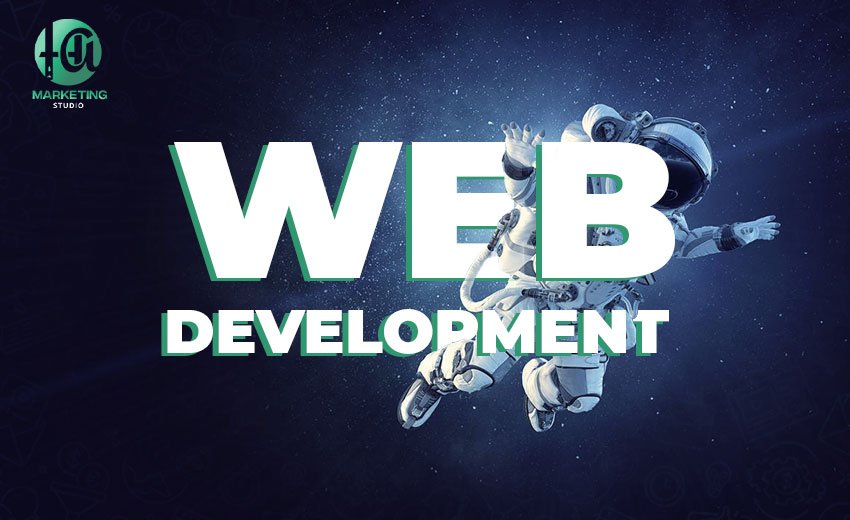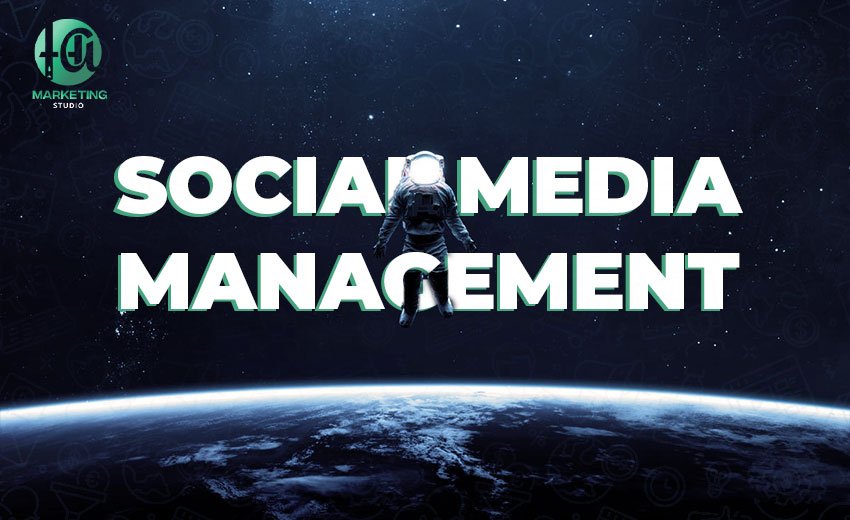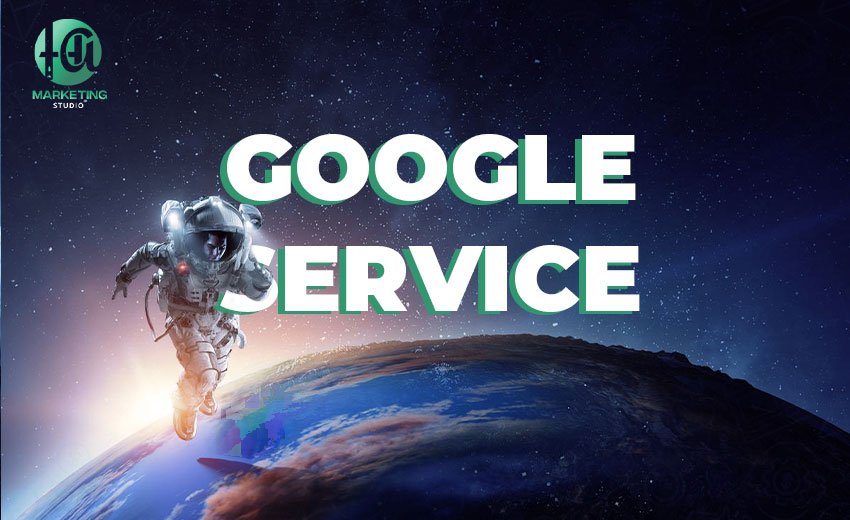Tourism marketing is a vast and multifaceted field that focuses on promoting tourist destinations and associated services to attract tourists and enhance interest in visiting those destinations. It is an essential part of the tourism industry, one of the largest industries globally in terms of economic and social significance.
Tourism marketing encompasses various aspects and activities, ranging from market analysis and studying the target audience to developing innovative advertising and marketing campaigns and delivering tourist services in an engaging and appealing manner. As the tourism industry is influenced by numerous external factors such as economic, political, and environmental conditions, tourism marketers find themselves facing multiple challenges that require flexible strategies.
-Objectives of Tourism Marketing:
The objectives of tourism marketing include several important aspects aimed at achieving them through various marketing activities. Among these objectives:
-Increase in Tourist Numbers:
Tourism marketing aims to increase the number of tourists visiting the targeted tourist destination, whether they are domestic or international.
-Enhancement of Tourist Awareness:
Tourism marketing seeks to enhance awareness of the tourist destination and what it offers in terms of attractions, entertainment, and cultural experiences.
-Diversification of Income Sources:
Tourism marketing serves as a means to diversify national income sources by attracting tourism and boosting economic activity in tourist areas.
-Improvement of Tourism Image:
Tourism marketing aims to improve the image of the tourist destination in the minds of tourists and travelers, enhancing its reputation as a preferred tourism destination.
-Strategies of Tourism Marketing:
Tourism marketing relies on a variety of tools and techniques aimed at achieving specific objectives. Among these strategies:
-Advertising and Promotion:
Tourism agencies and tourism bodies use advertising and promotional campaigns to market tourist destinations and various tourism offerings.
-Digital Marketing:
Digital marketing plays a significant role in tourism marketing, allowing companies and tourism agencies to use social media and websites to promote tourist destinations and services.
-Collaboration with Media:
Tourism marketing involves collaboration with various media outlets such as television, newspapers, and magazines to disseminate information and images about tourist destinations.
-Promotion of Tourism Events:
Tourism events such as festivals, exhibitions, and cultural events are promoted to attract tourists and increase interest in traveling to those destinations.
-Challenges of Tourism Marketing:
Despite its importance, tourism marketing faces several challenges that practitioners in this field must address. Among these challenges:
-Intense Competition:
Intense competition among tourist destinations poses a significant challenge, necessitating innovative marketing strategies.
-Political and Economic Changes:
Political and economic changes can affect tourist demand and cause fluctuations in the tourism industry.
-Environmental Challenges:
Pollution and climate change present environmental challenges that affect the attractiveness of tourist destinations.
-Security Challenges:
Tourist destinations face security challenges such as terrorism threats and crime, impacting the safety and attractiveness of those destinations.
-Conclusion:
Tourism marketing is a vital and dynamic field that plays a crucial role in developing and enhancing the tourism industry. As a sophisticated field influenced by many internal and external factors, tourism marketers need innovation and flexibility to deal with the multiple challenges and changes in the global tourism market.














